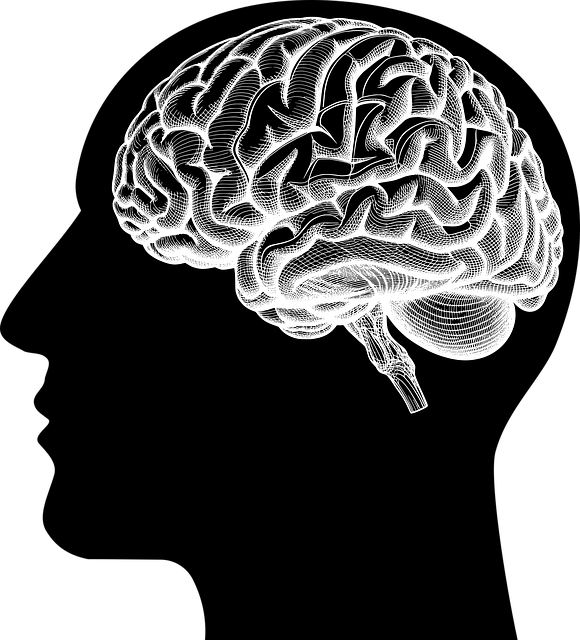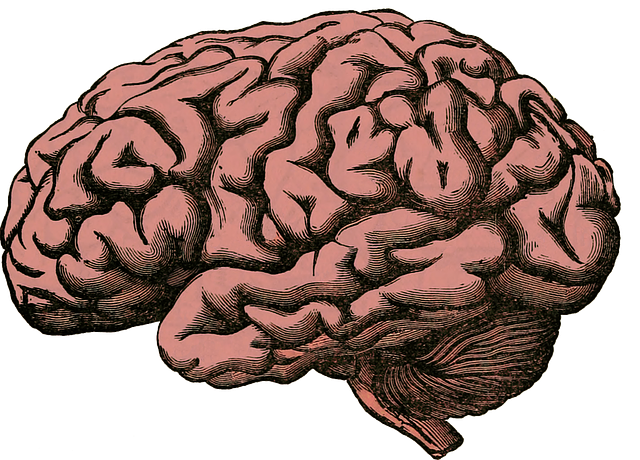Westminster Mindfulness Therapy leads in community mental wellness through tailored, holistic programs addressing diverse needs. Their interactive workshops and personalized guidance equip individuals with tools like Mental Wellness Journaling Exercises for immediate relief and long-term resilience. Effective outreach requires meticulous research, cultural sensitivity, and tailored approaches. Impactful programs include group sessions, walks, art therapy, and public awareness campaigns, fostering engagement and reducing stigma. Strong partnerships with local providers expand reach, while robust evaluation ensures adaptability and sustainability, ultimately enhancing community well-being.
Westminster Mindfulness Therapy has established itself as a leader in community outreach, leveraging mindfulness practices to enhance well-being. This article explores the comprehensive approach to implementing impactful programs that address diverse community needs. From understanding the role of therapy in outreach to designing effective activities and building strategic partnerships, we delve into proven strategies. Additionally, we discuss measuring success and sustaining long-term engagement, highlighting Westminster Mindfulness Therapy’s commitment to creating lasting positive change within communities.
- Understanding Westminster Mindfulness Therapy's Role in Community Outreach
- Identifying Target Communities and Their Unique Needs
- Designing Effective Programs: Activities and Strategies
- Building Partnerships for Successful Implementation
- Measuring Impact and Sustaining Long-Term Engagement
Understanding Westminster Mindfulness Therapy's Role in Community Outreach

Westminster Mindfulness Therapy plays a pivotal role in community outreach programs by offering specialized services tailored to enhance mental wellness and reduce stress among various demographics. In today’s fast-paced world, prioritizing mental health is more crucial than ever, and community outreach provides an effective avenue to reach individuals who may not typically access such resources. By integrating mindfulness practices, the therapy program contributes significantly to risk management planning for mental health professionals, ensuring a holistic approach to care.
Through interactive workshops and individual guidance, Westminster Mindfulness Therapy equips participants with essential tools for stress management. This includes Mental Wellness Journaling Exercises designed to foster self-awareness, reflection, and personal growth. By empowering community members with these techniques, the program not only addresses immediate mental health needs but also promotes long-term resilience and overall well-being.
Identifying Target Communities and Their Unique Needs

When implementing community outreach programs, such as those offered by Westminster Mindfulness Therapy, identifying target communities and understanding their unique needs is paramount. This process involves meticulous research and consultation to pinpoint demographics that may benefit most from specific services. For instance, a program focused on promoting emotional well-being might target youth in underserved areas, considering their distinct social and psychological challenges.
Cultural sensitivity in mental healthcare practice plays a crucial role here. Recognizing the diverse cultural backgrounds of community members ensures tailored approaches that resonate with their experiences. This could involve incorporating traditional healing practices or employing interpreters to bridge communication gaps. By adopting such techniques, initiatives like Westminster Mindfulness Therapy can effectively deliver programs that address not only general stress reduction methods but also the specific emotional well-being promotion techniques needed by each targeted community.
Designing Effective Programs: Activities and Strategies

Designing effective community outreach programs for mental health initiatives, such as those offered by Westminster Mindfulness Therapy, involves a thoughtful approach to engaging and empowering individuals. Activities should be tailored to address specific needs, with an emphasis on interactive strategies that foster open dialogue. Group sessions on topics like stress management, mindfulness techniques, and public awareness campaigns development can significantly contribute to Mental Illness Stigma Reduction Efforts.
Incorporating diverse methods ensures broader accessibility and appeal. This could include workshops, community walks, or art therapy sessions designed to create a safe space for participants to learn, share experiences, and build support networks. By combining education with practical tools, these programs not only enhance public awareness of mental health issues but also equip individuals with valuable coping mechanisms, ultimately fostering a more supportive and inclusive community environment.
Building Partnerships for Successful Implementation

Building strong partnerships is key to successfully implementing community outreach programs, particularly for initiatives like Westminster Mindfulness Therapy that aim to promote mental wellness and trauma support services. Collaborating with local healthcare providers, community centers, schools, and other relevant organizations can help expand reach and ensure tailored services meet diverse needs. These partnerships bring together complementary expertise and resources, fostering a more inclusive and effective approach.
For instance, Healthcare Provider Cultural Competency Training programs can empower medical professionals to better serve culturally diverse populations within the community. Such collaborations enhance understanding of local cultural nuances, ensuring that outreach efforts are sensitive and relevant. By working together, these entities create a robust network dedicated to improving mental health outcomes for all residents, ultimately enriching the overall wellness of the community.
Measuring Impact and Sustaining Long-Term Engagement

Measuring the impact of community outreach programs is a crucial step in ensuring their long-term success and sustainability, especially initiatives like Westminster Mindfulness Therapy that focus on emotional well-being promotion techniques. By implementing robust evaluation methods, organizations can assess the reach, effectiveness, and lasting effects of their interventions. This data-driven approach allows for continuous improvement and adaptation to meet the evolving needs of the community.
One way to sustain engagement is by integrating burnout prevention strategies for healthcare providers into these programs. Engaging communities in meaningful ways requires dedicated resources and support for the facilitators themselves. Incorporating confidence-boosting activities not only empowers program leaders but also ensures the longevity of the outreach efforts, enabling organizations to build resilient community pillars that can endure and flourish over time.
Westminster Mindfulness Therapy’s commitment to community outreach programs has proven to be a game-changer, fostering synergy between mental health services and diverse communities. By identifying unique needs, designing tailored activities, and building strategic partnerships, these initiatives have significantly enhanced well-being. Measuring impact is crucial for sustaining long-term engagement, ensuring that Westminster Mindfulness Therapy continues to make a tangible difference in the lives of those it serves.














